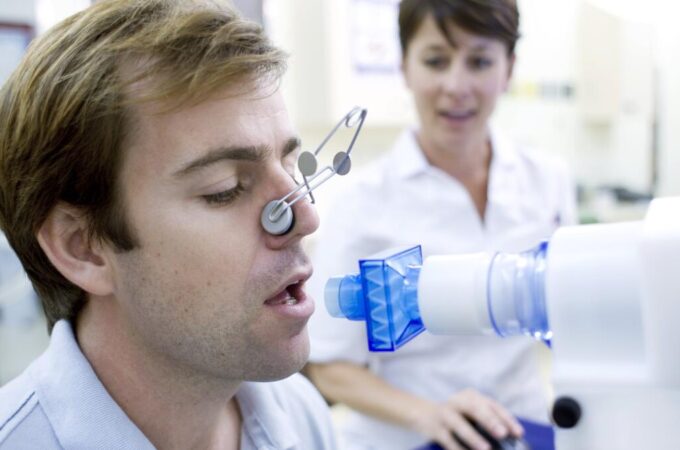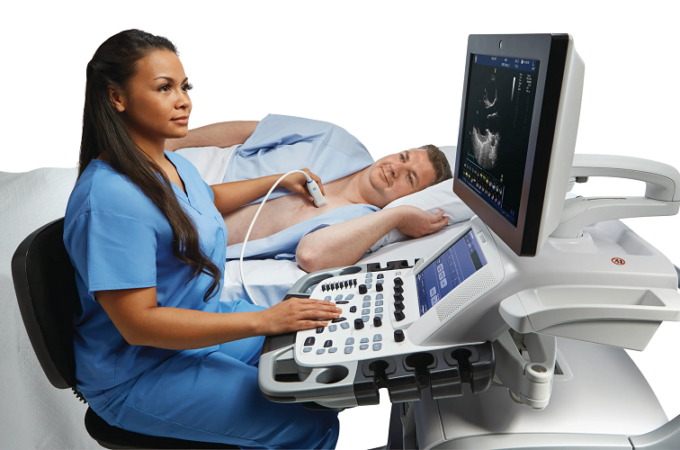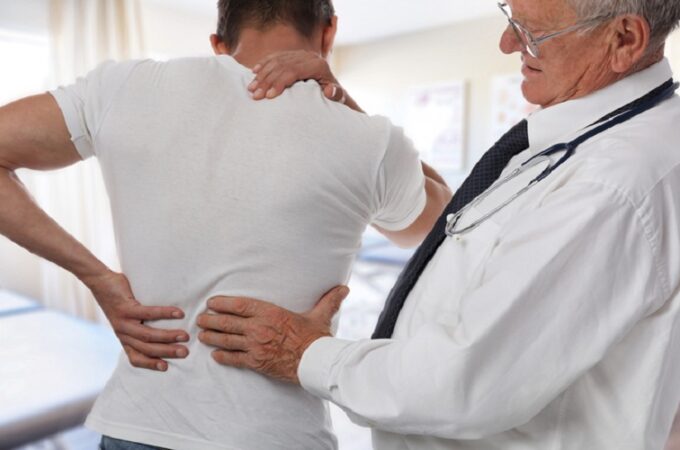
Three Substances That Are Dangerous and Can Result in Withdrawal Symptoms if You Stop Using It
The chemical makeup of the brain is altered by drugs and alcohol, and regular use of mind-altering substances can lead to dependence. After dependence has developed, brain chemistry and circuitry will attempt to regulate the elimination of drugs or alcohol from the body, resulting in withdrawal symptoms. Depending on the substance used, the method of abuse, the degree of dependence, and whether any co-occurring disorders are present, the duration, intensity, and type of withdrawal symptoms will vary. Alcohol, benzodiazepines, and opioids are three examples of substances that can be extremely unpleasant or even dangerous when stopped abruptly. Withdrawal symptoms can be significant and even life-threatening. In these situations, medical detox and trained treatment professionals should be used to manage withdrawal.
Symptoms of Withdrawal
The withdrawal symptoms of drugs include the following –
- insomnia, depression, irritability, nausea,
- vomiting, diarrhoea, abdominal cramps, nightmares,
- muscle aches, back and joint pain, tremors,
- restlessness, cravings, depression, anxiety, agitation,
- seizures, irregular heart rate, high or low blood pressure,
- respiratory distress, sweating, fever, cold and
- clammy skin, dilated pupils, tingling in the extremities,
- mental confusion, short-term memory issues,
- trouble concentrating, paranoia
People Struggling with Drugs
Many institutes are there that can assist you through the process of withdrawal, regardless of whether you have struggled with cocaine, marijuana, heroin, opioid, or another kind of substance dependence. Professional assistance can keep you safe and comfortable. They also provide medical detox, treatment, and ongoing care at American Addiction Centers in a supportive setting. Aftercare detox withdrawal is typically the first step toward recovery, and individuals who manage it well can lay a solid foundation for recovery. In order to maintain these good habits after detox, a person should enrol in an addiction treatment program. The genuine work of recuperation happens in treatment following withdrawal, yet it means a lot to be upheld during withdrawal to guarantee it is finished effectively. Check to see if detox or rehab will be covered in full or in part by your insurance.
Who Can Help
Vomiting, diarrhoea, cramps in the stomach, headaches, and muscle aches are all symptoms of withdrawal. You can participate in a program for: a hospital or a residential detox center at home Detoxing or withdrawing without assistance can result in relapse. Additionally, it may be harmful to your health. Support from friends and family, as well as counselling, can be helpful.





